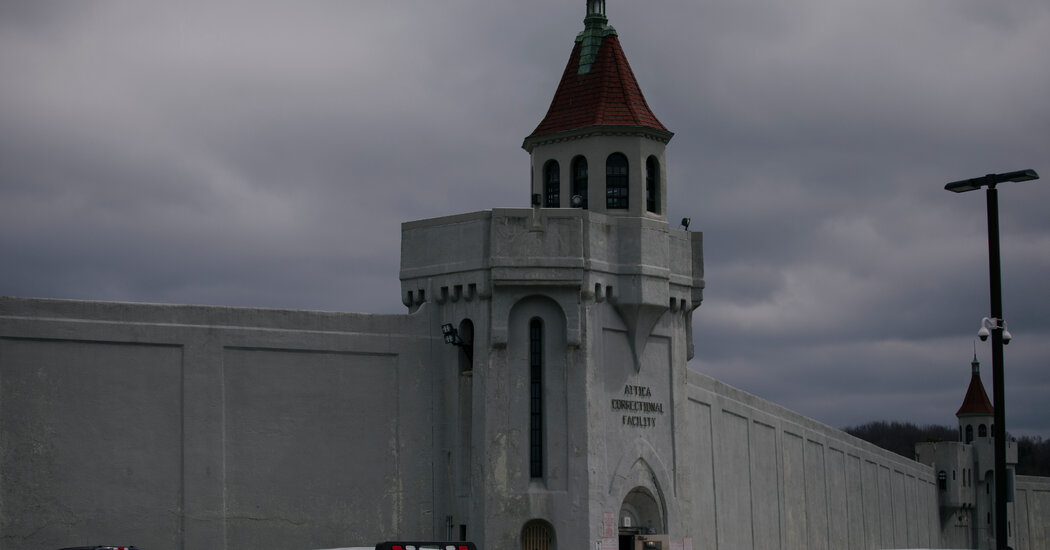New York State prisons have been illegally holding prisoners too long in solitary confinement, despite a law that limited the practice.
The decision this week from Justice Kevin R. Bryant came a year after the New York Civil Liberties Union filed the class-action case against the State Department of Corrections and Community Supervision, charging that prison officials had an internal policy to circumvent limits on time that prisoners can be held alone.
State law sets a strict mandate for when extended solitary confinement can be ordered for a prisoner, said Antony Gemmell, director of detention litigation with the New York Civil Liberties Union. And if prison officials impose solitary for more than three days, to a maximum of 15 days that the law allows, “they had to provide a very good reason for doing so,” he said.
The corrections department “is just basically not doing that in any situation that we could find,” Mr. Gemmell said.
In the order, Justice Bryant ordered the state to comply with the law’s requirement to provide findings to justify extended solitary confinement. He also found that solitary confinement rulings made according to the agency’s internal policy rather than the law “are hereby declared as null and void.”
The state did not immediately respond to a request for comment.
The Humane Alternatives to Long-Term Solitary Confinement Act, known as the HALT law, was signed by former Gov. Andrew M. Cuomo in 2021, restricting prisons and jails from holding people in solitary confinement for more than 15 consecutive days. The policy, which went into effect in 2022, also bars the use of solitary confinement for several groups, including minors and people with certain disabilities.
Last month, the Legal Aid Society and others filed a class-action lawsuit accusing prisons of holding mentally ill and disabled people in isolation against the state law.
The HALT law was passed after a long fight by supporters of inmates, who raised concerns about the mental-health ramifications of solitary confinement and apparent racial disparity in how the punishment was meted out. Prolonged isolation has been called torture by officials at the United Nations and has been linked to brain damage, increased risk of self-harm and suicide.
According to the suit, one plaintiff, Luis Garcia, was disciplined after throwing foul liquid at two officers while being held in a Residential Mental Health Unit at Coxsackie Correctional Facility in Greene County. After a disciplinary hearing, where he was found guilty of two counts of assault on staff and two counts of committing an unhygienic act, he was sentenced to 730 days — two years — in solitary confinement.
“Some of the shenanigans of DOCCS to preserve this really torturous regime are documented in this litigation,” said Donna Lieberman, head of the New York Civil Liberties Union. “And hopefully, this litigation will put an end to some of those really harmful shenanigans.”
A report from the Correctional Association of New York, a nonprofit that monitors prisons, found that after the law was implemented, the state had reduced the use of “segregated confinement” and had instituted other changes. According to the findings, there were 351 people in solitary confinement in February 2023, compared with roughly 1,800 in February 2022 and about 2,486 people in July 2019.
However, the report also found “documented numerous departures from basic adherence to the HALT Solitary Law,” including people being held alone for as much as six times the legal limit.
